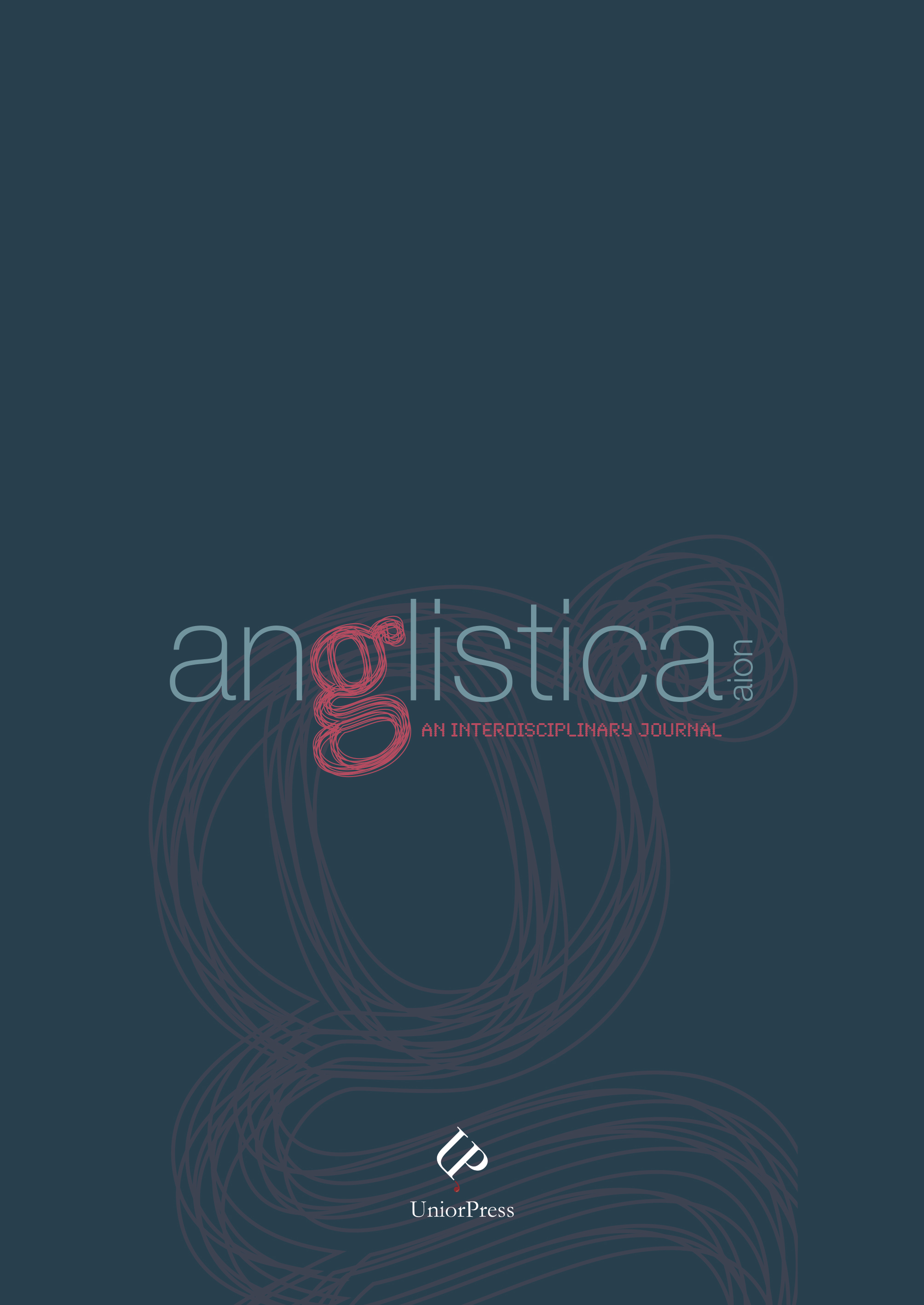Towards “Net Zero”. Climate Change Discourse and Australia’s Green Policy in Election Campaigns
Abstract
Climate change discourse is increasingly gaining ground in the political arena, both as a possible explanation and/or outcome of different crises and as “a climate crisis” on its own. With an increasing number of metaphors used to describe the phenomena linked to climate change, “net zero” is one the fastest emerging frames, yet it is understudied. This paper draws on climate security research and looks at the climate change discourse in Australia with a focus on the “net zero” target. Is climate change an explanatory instrument in Australian election campaigns that can be ascribed as a political concern?
Climate change has been an appealing but undeveloped topic in Australian political discourse. In Australia environmental concerns have taken ground after the bushfires in 2019 and the climate discourse had an impact on the 2019 and 2022’s electoral campaigns. Climate change is arguably the fastest growing concern in Australian politics; it is fair to say that the 2022 election was “the climate election”. This research adopts a corpus-based Critical Discourse Analysis approach for a systematic analysis of the “net zero” target in Australian political discourse, its political significance, and its resonance both in electoral speeches and social media in the last ten years. The corpus consists of presidential speeches during the elections and tweets by the Australia Prime Ministers in the timeframe from 2013 to 2022, also taking into consideration comments by users in Australia and worldwide. The analysis of the “net zero” target can contribute to a better understanding of how climate change is politically construed and communicated.


